Thank you dear subscribers, we are overwhelmed with your response.
Your Turn is a unique section from ThePrint featuring points of view from its subscribers. If you are a subscriber, have a point of view, please send it to us. If not, do subscribe here: https://theprint.in/
Vladimir vs. Volodymyr
‘Never think that war, no matter how necessary, nor how justified, is not a crime.’ – Ernest Hemingway
The scenario of belligerence has two protagonists; their names are identical, in the way they are pronounced but spelt differently (like my old Kiev and the new Kyiv!), as is mentioned in the caption. But the suffixes make a huge difference, both in names and the individuals they represent. Yes, one is Putin and the other is Zelensky; one is an aggressor and the other aggressed, one is a perpetrator (please read it as predator, as we term it for the animal world) and the other perpetrated (please read it as victim) and both of them are engaged in a war, one fighting for destruction and the other for protection. Contrary to a general belief that a war is a zero-sum game, resulting in one’s victory against the vanquished; the fall-out of a war affects adversely both the parties so engaged. In the present world, it has still more spread effects.
In an interlinked world order, just as the unprecedented pandemic is affecting countries across the globe, a war in the nature and scale being raised by Russia against Ukraine portends to ominous consequences for the world as a whole and our professed world order that boasts of United Nations and the Security Council. As an aside, let me say, unity of nations conceptualised by United Nations and the security of the world order visualised by the institution of Security Council have become travesties of the those fond and lofty ideas. If United Nations was created to ensure comity of nations, big and small, strong and weak to ensure peaceful co-existence; all the subsequent cartelized groups of nations on vary many pretexts like NATO, SEATO, G77, EU, OPEC and the more recent QUAD were unwarranted, looked from the high pedestal of an idealist world order.
Likewise, if the Security Council was mandated to ensure security of world order by empowering the most powerful nations in unison by such a mechanism, the provision of a ‘veto’ was also built-in there to counter and stall a good common cause in situations of conflicts. Our conscientious consideration of a peaceful world order was inadvertently faulted by such an arrangement, ab initio. A study of history of the uses of veto reveals that more often than naught, it was proclaimed to protect partisan interest and not the general common good.
A deep look at the developments in Europe that led to this conflict and the subsequent war will show that the cause is the mutual distrust of Russia and Ukraine and the resultant insecurity. It goes back far into political history of the breaking of the union of Soviet republics (USSR). With winds of change blowing the then largest nation, concepts of ‘glasnost’ and ‘perestroika’ going round in and out of Soviet Union, some were too happy and engrossed to fathom the unrest and the consequent agony of a young Russian named Vladimir Putin. His recent outbursts against the dismantling of USSR and the roles played by the erstwhile Soviet leadership were the result of the deep anguish he carried all these years.
The jingoism of both Putin and Zelensky is primarily responsible for this catastrophe nurtured by their mutual distrust and their distraught minds, fuelled by other super powers by the silent underpinning on the one side to go for an armed conflict and by the vocal braces on the other side to taciturnity and to end such a conflict. But the leadership of Ukraine must by now realise that the damages both collateral and prime are huge in their very own Ukrainian homeland, the battleground of this war. Pitted against the biased jingoism of Putin was the foolish one of Zelensky. But both of them have tried to pass on such jingoism as patriotism and nationalism to their own people. There are also some other world leaders who vouch for such misconceived nationalism. They forgot the aphorism, ‘No one ever wins a war, and wars are never over’.
Putin perceived threat via Ukraine because of its proximity with NATO and from the possibilities of its nuclear capabilities being harnessed by NATO. To pre-empt any such eventuality and counter the political developments for more than a decade resulting from the ousting of the Kremlin-protege President Viktor Yanukovych of Ukraine, Russia has been engaged with the pro-Russia separatists, most pronounced in the eastern Ukraine states of Lugansk and Donetsk, which Russia promptly recognized as independent states before finally moving into Ukraine.
Apart from the varied interpretation of Russian history, the conflicting ethnicities and the paranoia, at the root of this war is more the clash of egos of two Presidents and this war will leave a scar in the psyche of the two nations as I repeat a part of the aphorism I quoted earlier, ‘…wars are never over.’
These pieces are being published as they have been received – they have not been edited/fact-checked by ThePrint.

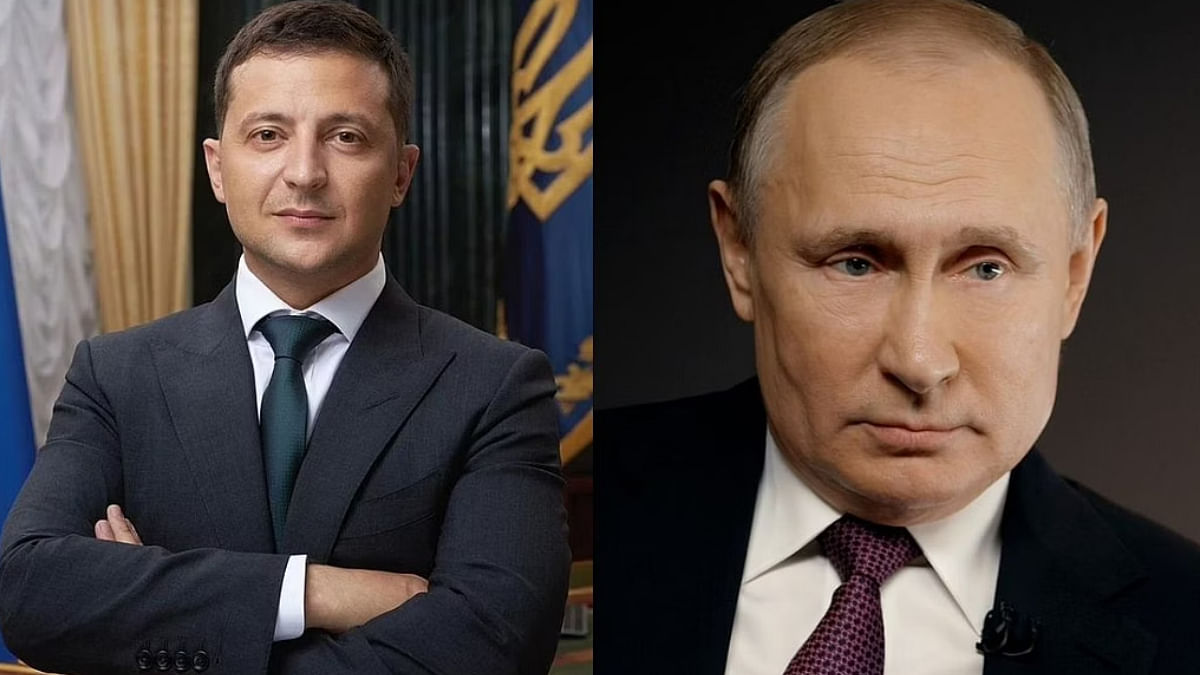
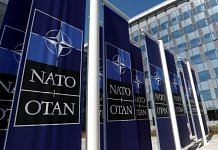
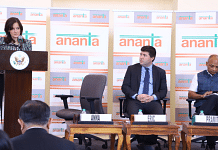
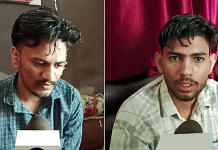

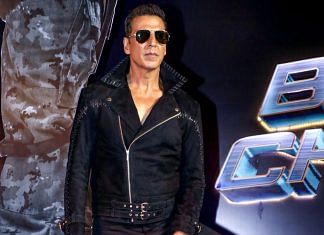


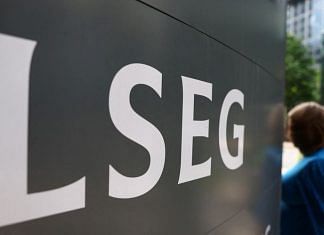
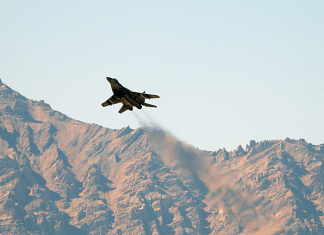
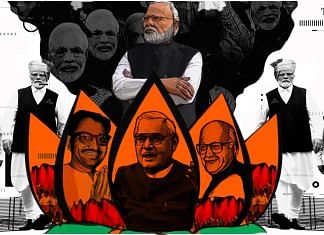
COMMENTS